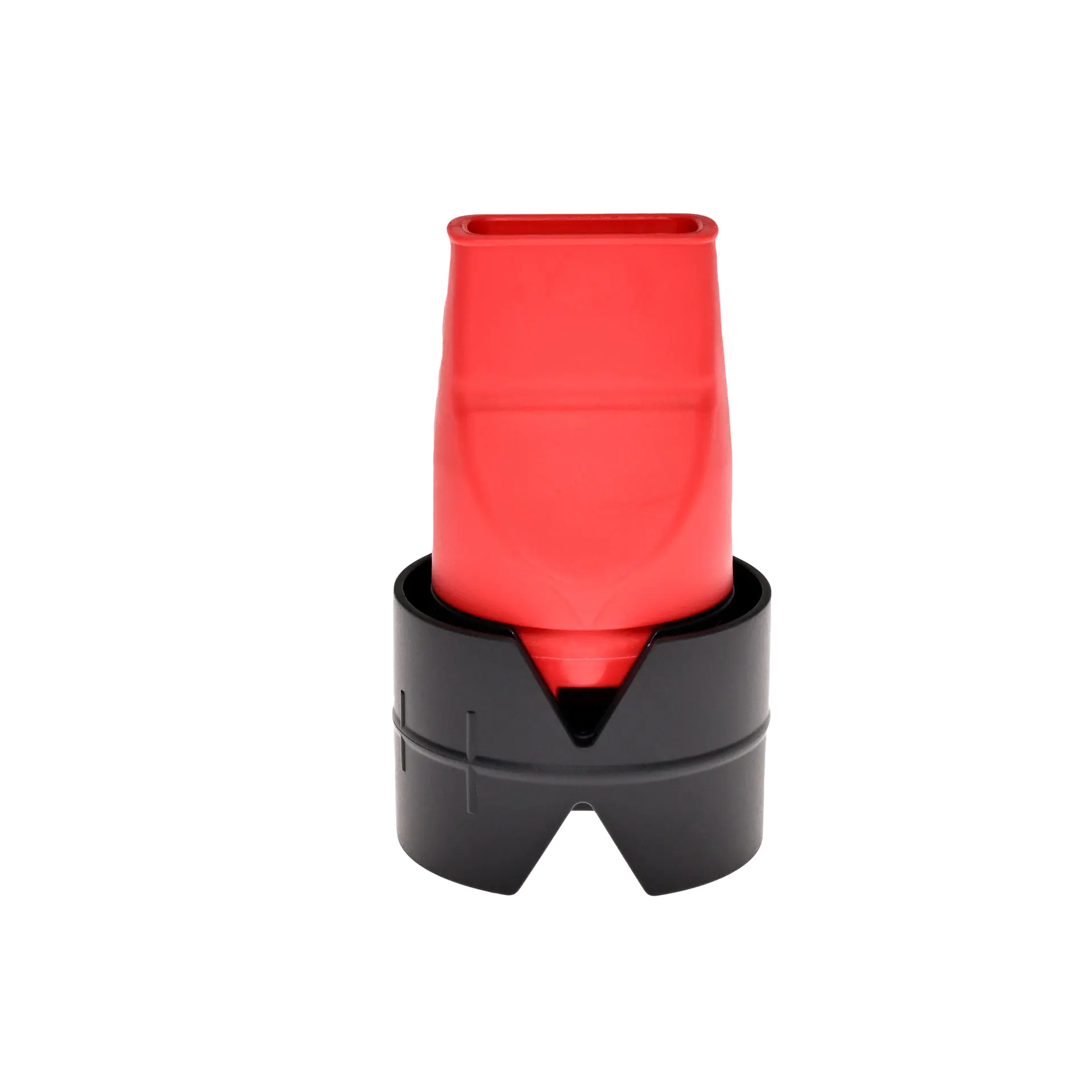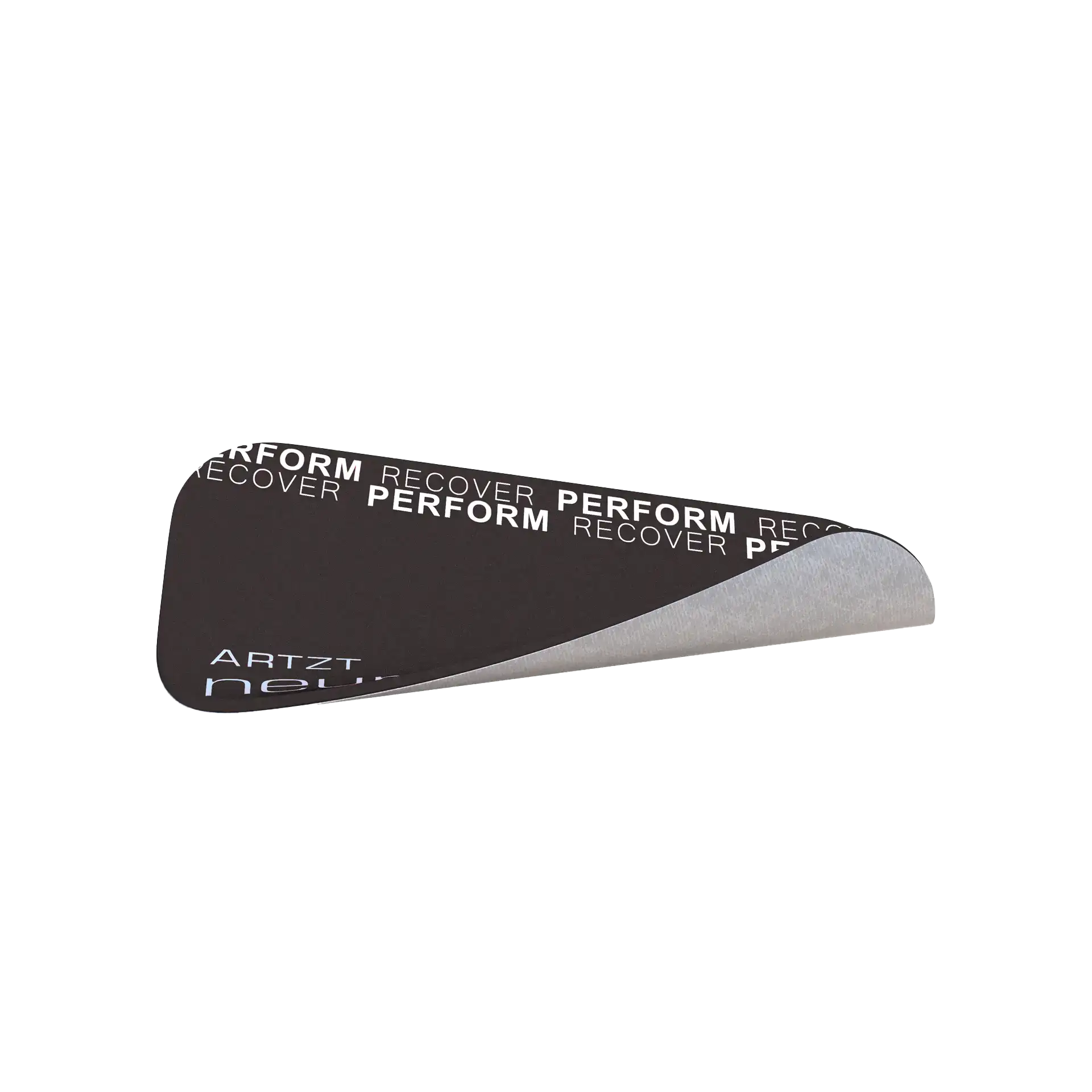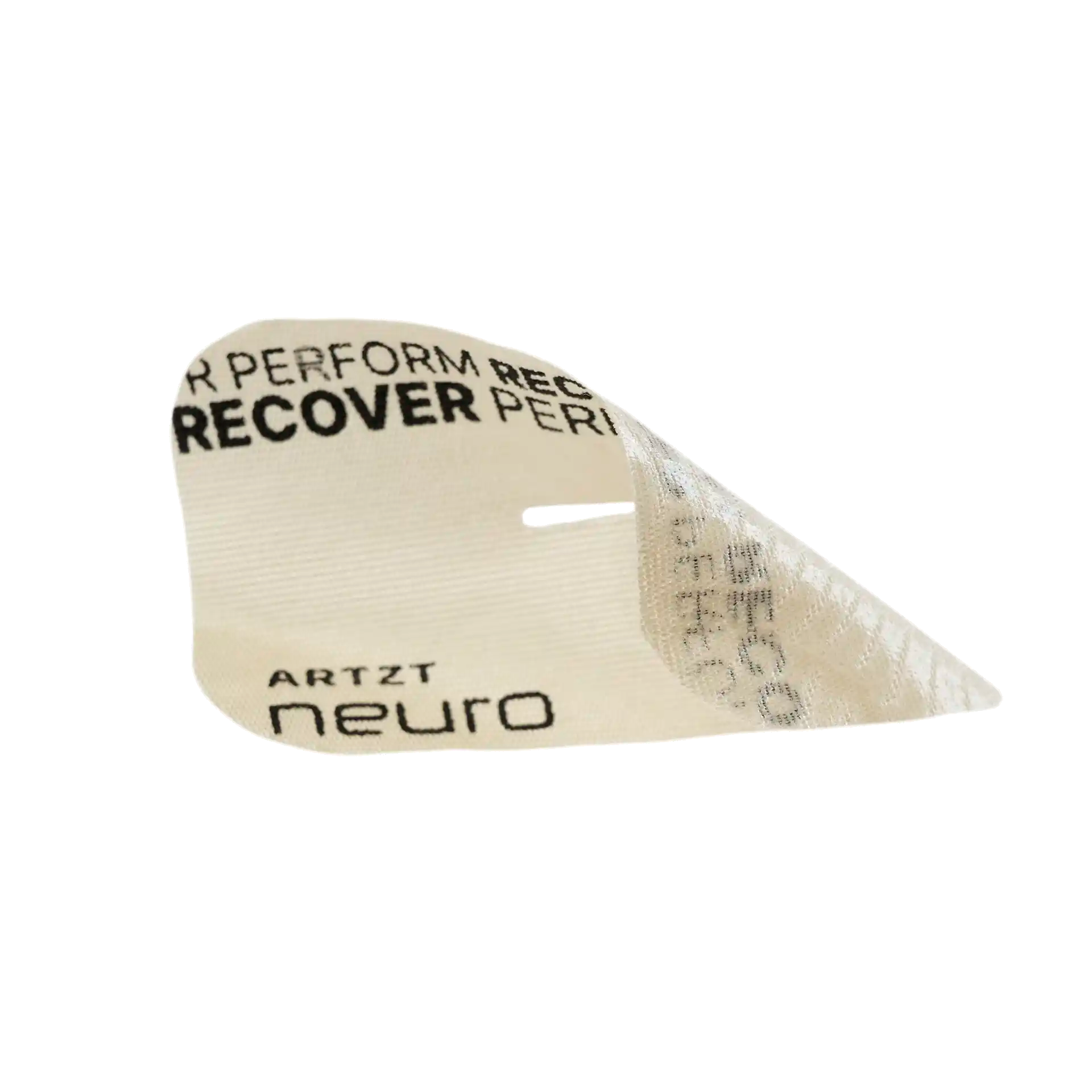Tips & exercises for better breathing
Breathing - a window to our health
A deep breath – that's how life begins. Breathing is much more than just supplying the body with vital oxygen. It is your body's central source of energy. If you don't have enough oxygen in your body, it cannot function optimally. And that applies not only to athletic performance, but also to everyday activities.
What do many people overlook?
The lungs need the strength of the respiratory muscles
Choose your topic:

Breathing exercises

Breathing correctly in everyday life

Stress and irritability
The perfect addition to your breathing training
With these tools, you can get the most out of your breathing.





